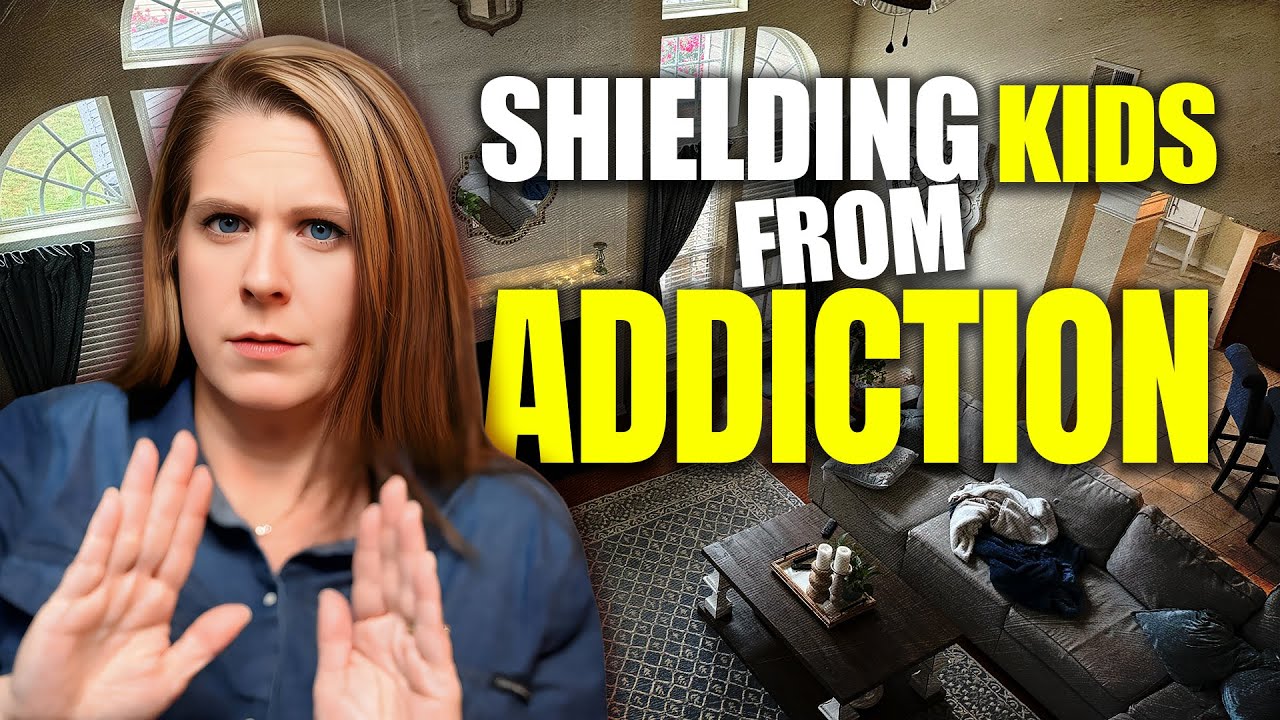Caught in the Crossfire: Protecting and Supporting Kids with an Addicted Parent
A Tragic Wake-Up Call: Addiction, Denial, and the Hidden Dangers to Our Children
Last week, I came across a story that sent chills down my spine, and I haven’t been able to shake it since. As someone who works with families impacted by addiction every day, this one hit especially hard. Not just because of the heartbreaking outcome, but because it could easily happen to any family dealing with substance abuse behind closed doors.
I was driving home from work, listening to one of my favorite true crime creators, Stephanie Harlow. Her newest case was about a 2-year-old girl named Parker Chez, who tragically died after being left in a hot car on a day when temperatures soared above 100 degrees. That alone is gut-wrenching, but it’s the addiction component woven into the story that made it feel painfully familiar.
The Hidden Addiction Behind the Headlines
Parker’s father, Christopher, was the primary caregiver while the mother, Erica, a medical professional, was the main breadwinner. On the day of the incident, Christopher ran errands with Parker in the car, stopping at a gas station, then a grocery store. Surveillance footage later showed him shoplifting alcohol, even though he had money to pay for the rest of the groceries.
Why? Likely to hide the alcohol from his wife. That’s a huge red flag for families living with addiction: secretive behavior around substances is usually a sign that the problem is far from under control.
Christopher reportedly drank in the gas station bathroom, then continued driving with his daughter in the backseat. When he got home, he left Parker strapped in the car seat while unloading groceries. Hours passed. When Erica returned home, she asked, “Where’s Parker?” Christopher casually responded, “She’s probably playing.” But Parker was still in the hot car. Non-responsive. In direct sunlight.
Despite Erica’s attempts to revive her and calling 911, it was too late.
This Wasn’t an Isolated Mistake
The most disturbing part? This wasn’t a one-time lapse in judgment. Investigators uncovered a long-standing pattern of addiction, poor decision-making, and denial. Old texts revealed heated conversations between Erica and Christopher about his alcohol and cocaine use. Their older daughters had even reported being left in the car before, needing to scream to get their father’s attention.
This wasn't just tragic—it was preventable.
Addiction Isn’t Just About the Addict
This story is devastating, but I’m sharing it because so many of you are living in similar dynamics. You love someone who’s struggling with addiction. You’re juggling work, family, fear, and guilt. You’re trying to believe they’re getting better. You’re watching, monitoring, hoping. But addiction is tricky—and incredibly good at hiding in plain sight.
Erica likely thought things were improving. Christopher had to hide his drinking because she was watching closely. But clearly, things were not okay.
Addiction doesn’t just hurt the person using—it impacts the entire family, especially children. And when safety is involved, it’s not about boundaries or communication strategies anymore—it’s about immediate intervention.
What To Do When Children Are at Risk
If you’re in a situation where your child’s safety is at risk due to a parent’s substance use, you must act, even if it’s hard:
-
Physically intervene if necessary.
-
Remove the children from unsafe situations.
-
Report what needs to be reported.
-
Use monitoring tools like Soberlink to help enforce safety protocols when co-parenting with someone in recovery.
Soberlink is an alcohol monitoring system that works preventively, not just reactively. With facial recognition and scheduled testing, it helps ensure the parent is sober before interacting with the children. It’s used in custody agreements and gives peace of mind when you’re not physically present. Learn more about Soberlink and get a discount here.
It’s Not Always Black and White
Sometimes it’s not as clear-cut as a safety crisis. Maybe the kids don’t know what’s going on. Maybe the parent is doing “better,” and you want to believe in them. Maybe you’re divorced and don’t know how much to say or how far to go.
These are incredibly complex situations. And while I can’t offer blanket advice in a blog post, I want you to know this: when safety is an issue, it always comes first. Everything else—boundaries, communication, treatment—can wait.
If you’re stuck trying to figure out what to do, please reach out. Our expert family recovery coaches can help you think through your specific situation, including the ages of your kids, your co-parenting dynamic, and your real-world concerns. Book a consultation here.
Final Thoughts
Parker’s story is tragic. But it’s also a wake-up call, a reminder that denial, hope, and avoidance can have devastating consequences. Addiction doesn’t wait for the “right time” to explode. If you’re worried, trust your instincts. Get help. Take action.
The THREE Options In Family Addiction Intervention | Most Choose WRONG
👇Additional Resources:
💡 Amber's 30-Day Jump Start for Early Recovery
🧠 Strengths-Based Recovery Coaching
🔐 Rapid Relationship Repair Course
📱 24/7 Advice from Amber AI
👨👩👧👦 Consult with a Family Coach


